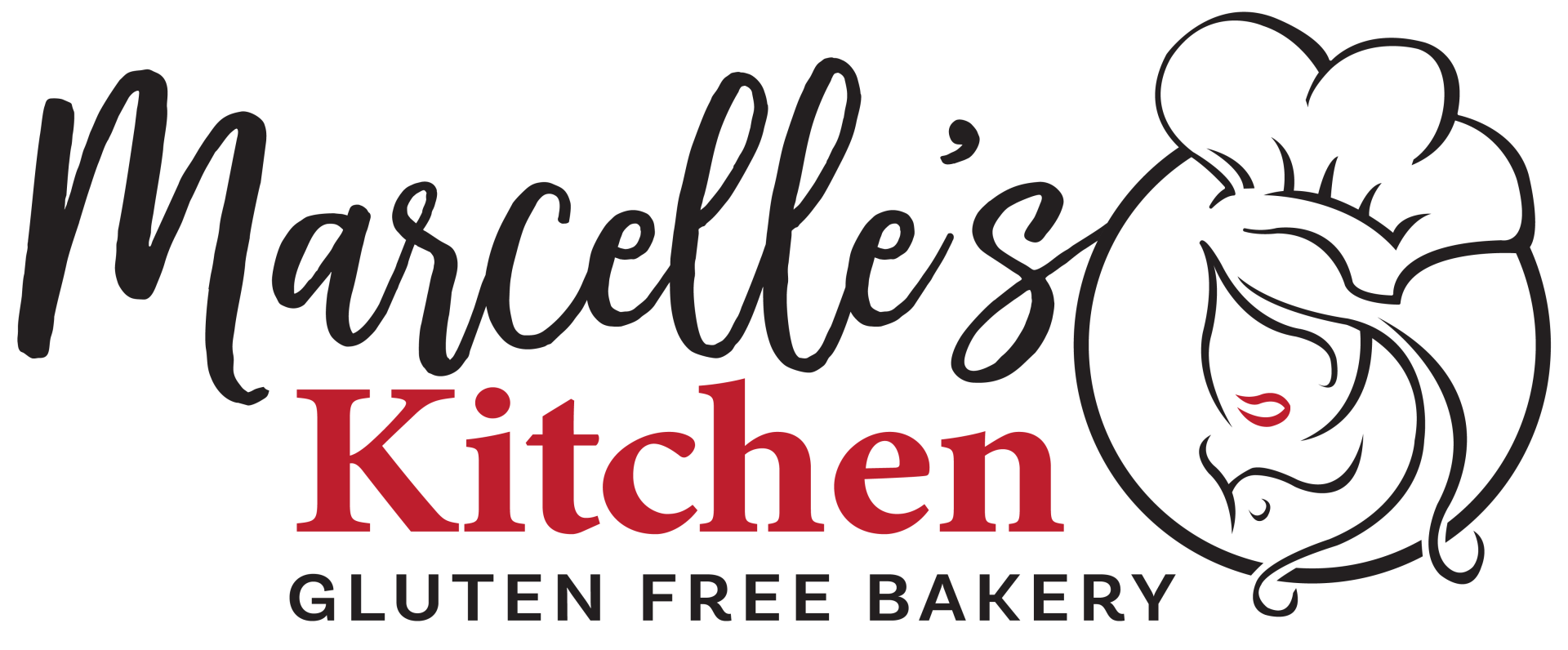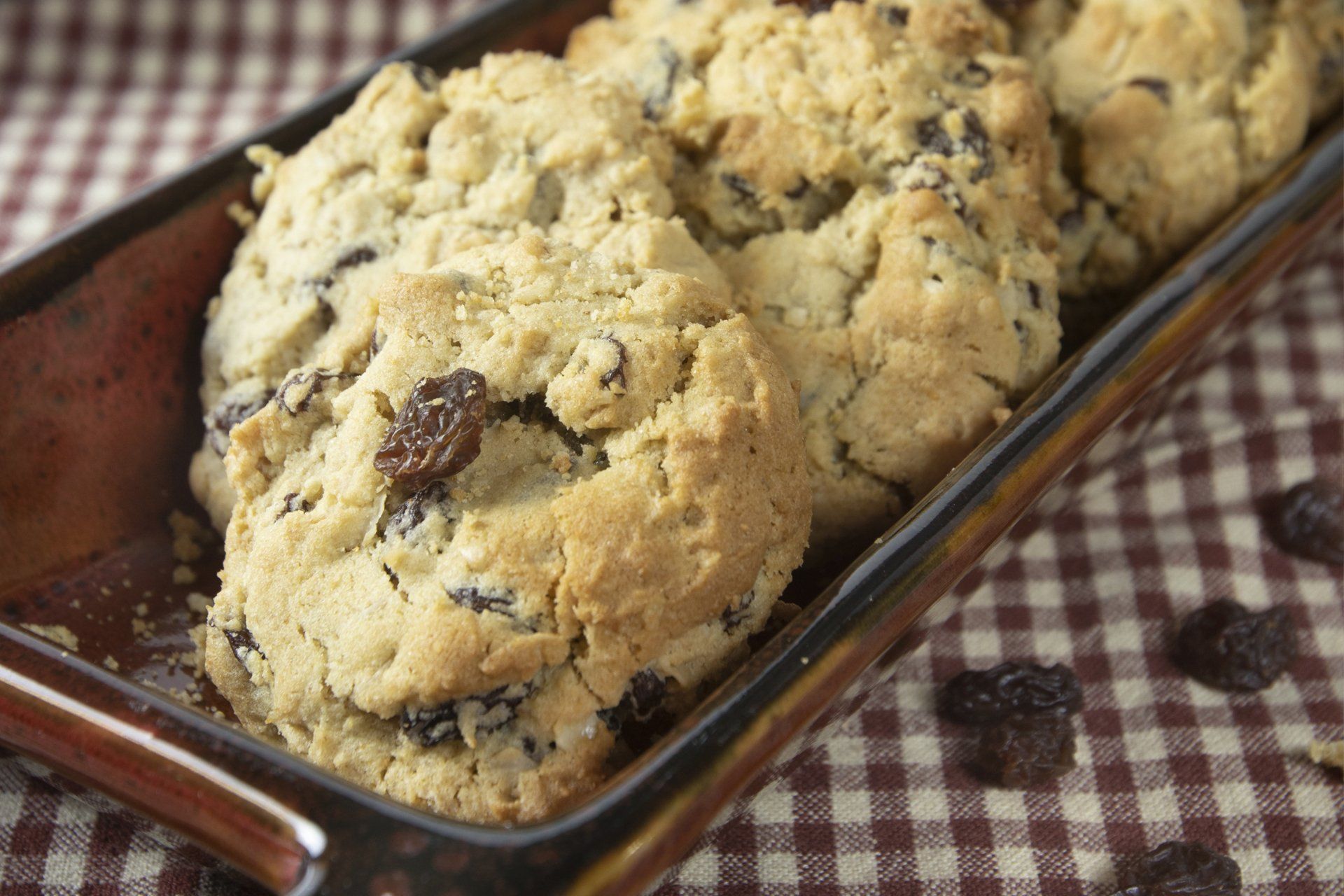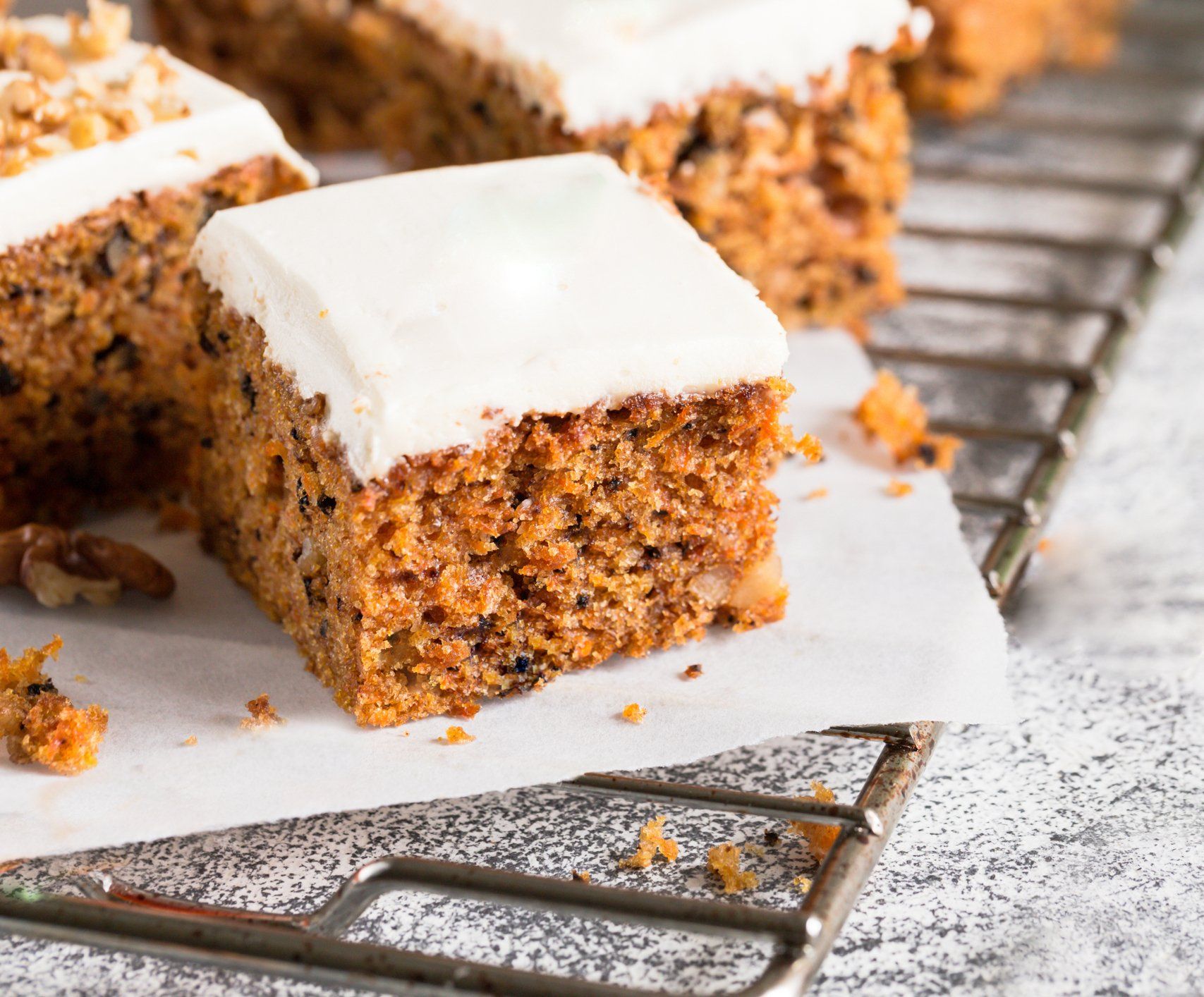Gluten-Free Articles

The Canadian Celiac Society created a webinar with Dr Amelia Therrien affiliated with Beth Israel Deaconess Medical Centre in Boston Massachusetts. BIDMC is a teaching and research medical centre associated with the Harvard medical school. There was a lot of information in this webinar, here are a few interesting notes. Celiac’s take four years of visiting doctors and specialists before being diagnosed as a Celiac. Four years of doctor offices, tests and exams, poked and prodded after all this, most new Celiac’s are Self diagnose. This is the only reason the average is down to 4 years from the 11 years that it was when I first opened my gluten-free bakery in 2007. If your sibling has Celiac disease, you have a 15% chance of having it yourself. This surprised me, as the percentage of having Diabetes if your sibling has it is 5%. Both being autoimmune diseases I would have thought the numbers would be closer. One study that is being done, is using dairy cow colostrum, there seems to be some connection between colostrum and the protection of the Villi hairs in the small intestine. Colostrum has been shown to prevent the absorption of gluten in the small intestine. This study is being done now. Another study is trying to understand if a virus could cause the immune system to attack the Villi, the thinking is that one becomes sick from a virus and while the host body fighting the virus, the virus attacks the immune system changing it to attack the host body. There are strips available that can tell you if you have had cross contamination with gluten. You prick your finger and use the strip as diabetics use theirs, needing a blood sample. The manufacturer claims it can tell if you have eaten more than 20mg of gluten (two croutons) Doctor Therrien believes you would need to eat 60mg or more for an accurate test. Personally, I am not sure how this helps you unless you could test before you were going out, so you could decide yes or no to actually leaving the house. But even in this instant you would have to test right after you though you were contaminated. And do the strips work this quick, its an option but you would have to pick the time when it could be used. As most Celiac’s know within the first hour after encountering gluten. This is how a new drug in American comes to the market through the FDA. I expect Canada is much the same, just couldn’t find the Canadian steps. > Phase one pre-clinical trail > Phase two Clinical trail > Phase three drug application review I have been to meetings put on by the local celiac society, and this subject would come up often, “when is there going to be a pill that would allow me to eat gluten without the symptoms.” Dr Therrien spoke of drugs that may come on the market; a number are in phase two but there is no drug in Phase three. The drugs being tested are meant to deal with accidental contamination of 2 grams of gluten a ¼ slice of bread. In studies Celiacs who have been contaminated with 2 grams of gluten can take a pill and have very little to no reaction. Other drugs that are being studied are for people who follow a gluten free diet but still have the symptoms from gluten. These drugs are in phase two. At this time there are no magic pill, that would allow celiacs to eat gluten intentionally. A thank you too, Doctor Therrien as I thought the webinar was of great interest.
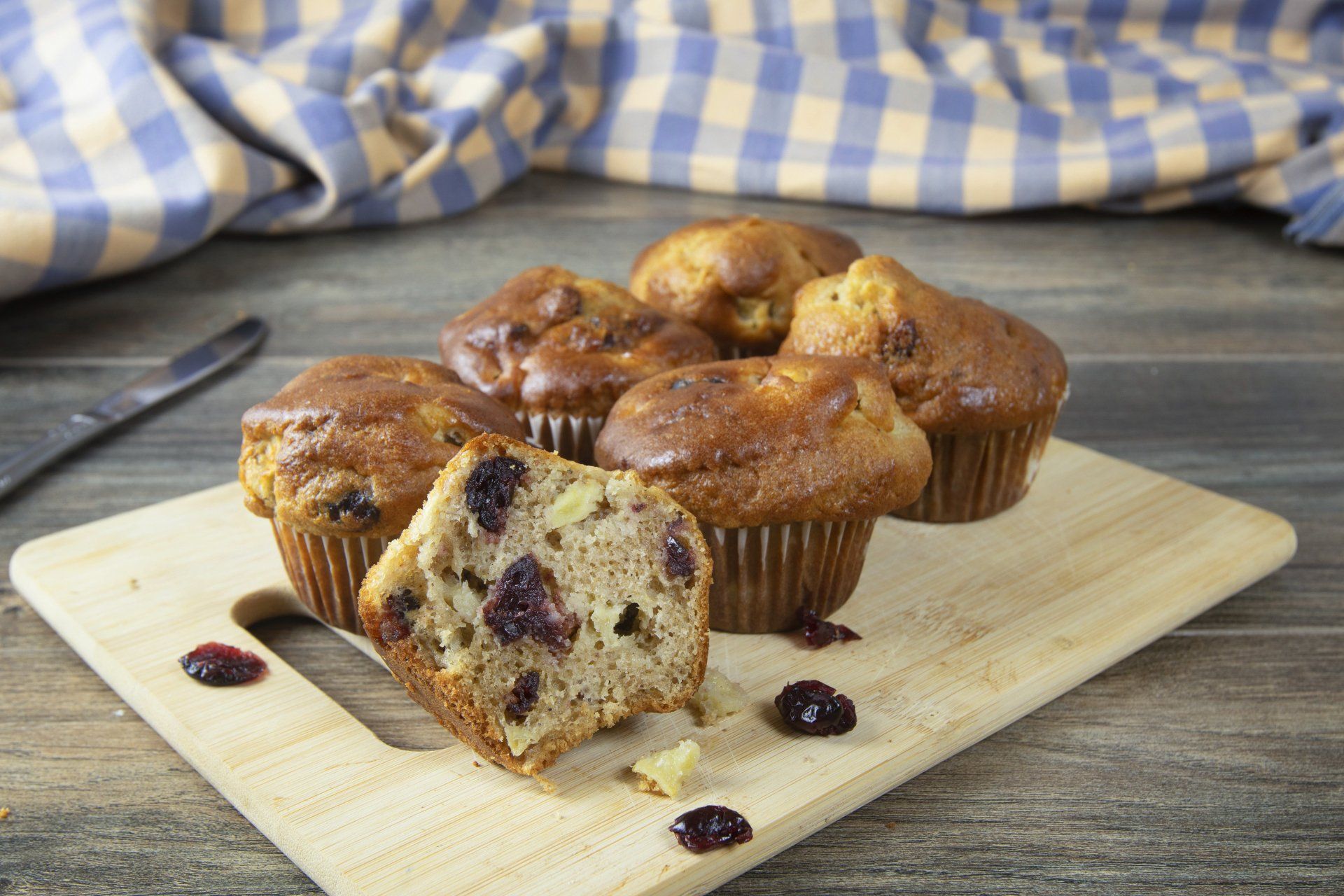
INGREDIENTS 1 Marcelle's Kitchen Sweet Potato Muffin Mix 3 1/2 cups sweet potato grated 1/2 cup sunflower oil 2/3 cup walnuts chopped 2/3 cup cranberries chopped 1 tbs vanilla extract 2 eggs INSTRUCTIONS 1. Empty bag of dry mix into a large bowl. Add sweet potato, sunflower oil, eggs and vanilla extract. 2. Stir in walnuts and cranberries. 2. Mix until well blended. 3. Spoon into greased muffin pan and bake at 350F for 30-40 minutes until a knife comes out clean.
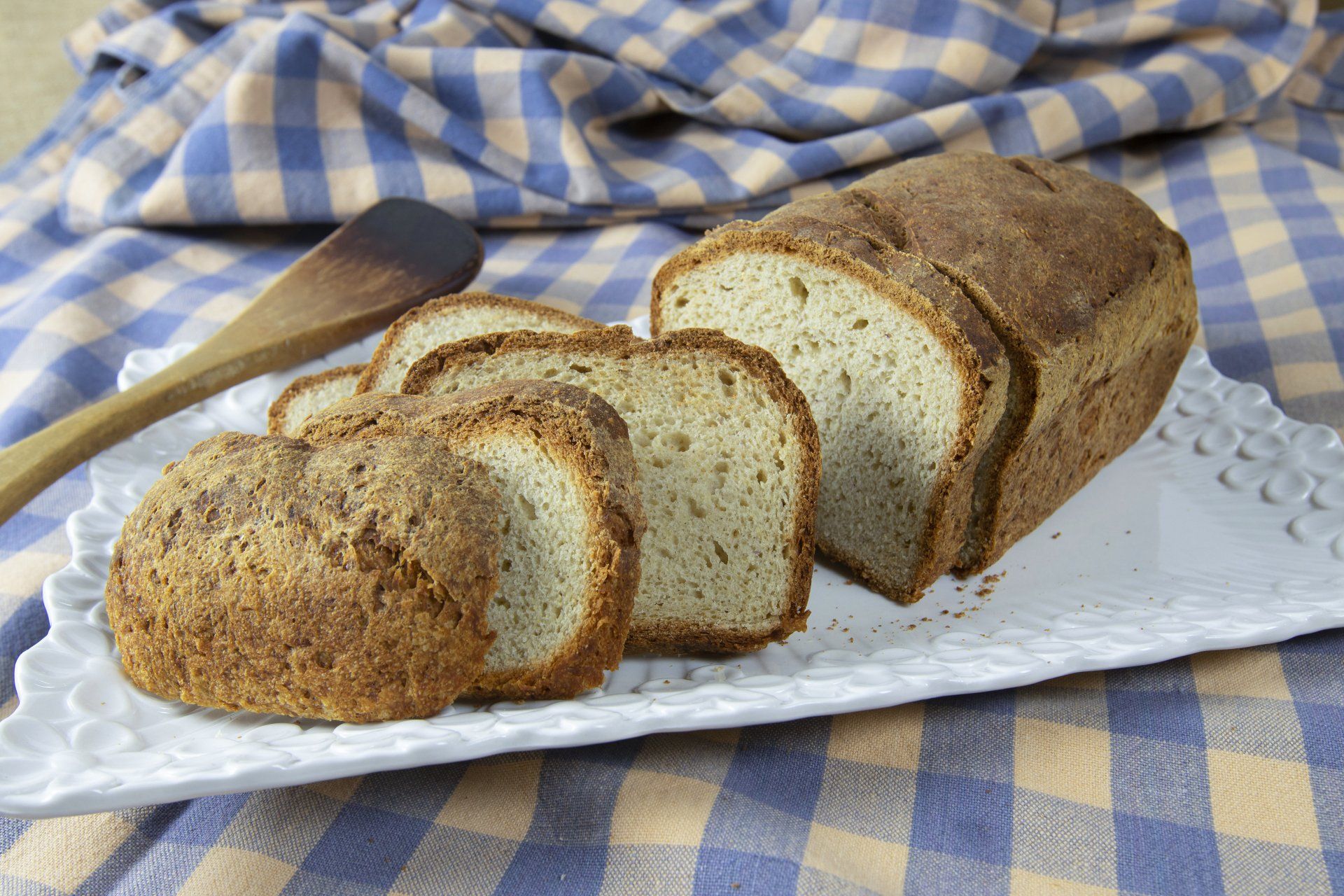
INGREDIENTS 1 Marcelle's Kitchen Artisan Bread Dry Mix 2 eggs 1 cup water INSTRUCTIONS 1. In a bowl, add 2 eggs and 1 cup of water. Add Artisan Bread Dry Mix. 2. Use a dough hook attachment or mix by hand until well mixed. 3. We like to work with the dough warm, we place it on top of the warm oven for 2 plus hours. Until it rises by a third or half again, it is a sticky dough. It is easier to knead, and then make Bagels, Baguettes, dinner rolls. You can also place in the fridge overnight and knead it the next day and then make what you want. 4. Dust counter with corn starch and knead bread. 5. Add to a greased bread pan or roll up for dinner rolls. Brush top with egg before putting in the oven. 6. Cook at 350F for 50 mins or more until a knife comes out clean. N.B. The dough will last 4-5 days in the fridge tightly wrapped.

INGREDIENTS 1 Marcelle's Kitchen Potato Bread Dry Mix 1 teaspoon sugar 1 cup warm water 1 packet or 2 teaspoons bread yeast 1 egg 1 tbs white vinegar INSTRUCTIONS 1. Stir 1 tsp of sugar into the 1 cup warm water and add yeast. Leave somewhere warm to rise for a few minutes. 2. In a large bowl mix egg, vinegar, yeast water and beat lightly. Spoon in Dry Mix bag. Beat until well blended. 3. Grease a bread pan and add mixture. Cover with wax paper and allow to rise in a warm place until it has doubled in size (approx 25-60 minutes). 4. Bake at 350F for approximately 40 minutes. Test with a knife. 5. Allow to cool
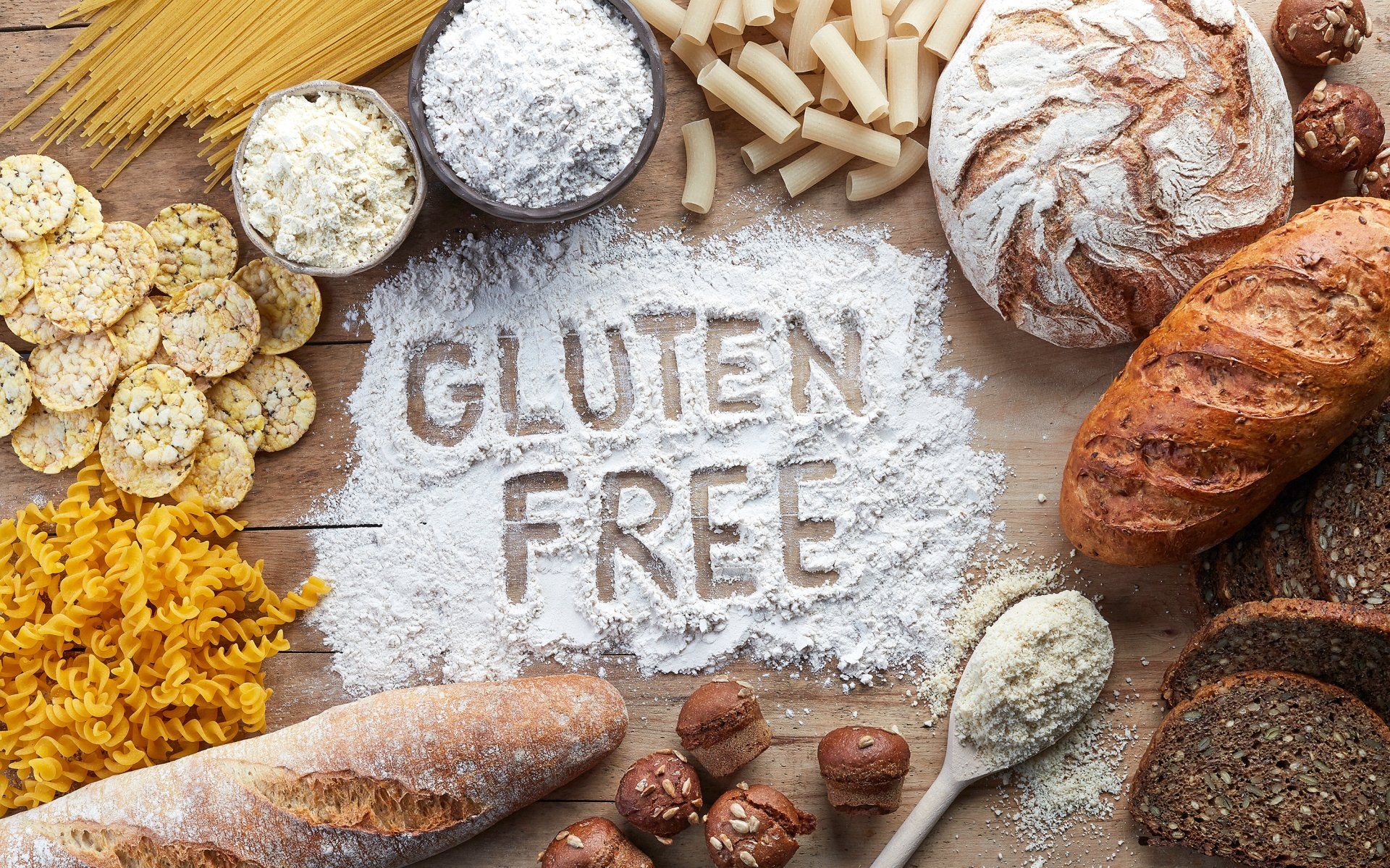
Is gluten free the latest fad diet? " Gluten free " is certainly a buzz phrase at the moment. It's estimated that just under 2 million people in the United States alone follow a gluten free diet without ever having been diagnosed with celiac disease . But is this diet actually beneficial to our health? Gluten is a protein found in wheat, barley, rye and tricale (a cross between wheat and rye). It acts like a 'glue' in foods such as cereal, bread and pasta, helping to hold them together. It can also be found in some cosmetics such as lip balm and even in the glue on stamps and envelopes. Gluten causes illnesses in some individuals who prove to have a gluten intolerance (Non-celiac gluten sensitivity (NCGS)). It causes symptoms such as gas or bloating, diarrhea, fatigue, headaches, 'foggy' brains and itchy skin. Additionally around 1 in 100-200 people in North America have celiac disease (as many as 300,000 Canadians have the disease whilst many remain undiagnosed.) 30-40% of people have the genetic background to potentially develop celiac disease, but only about 1-3% of people actually do – it’s not clear why but it may have something to do with the gut microbiome. The gut microbiome is the collection of friendly bacteria that live in your gut. They help to regulate the immune system, control intestinal permeability, digest your food, synthesise nutrients and tell you when you're full. Celiac disease is a more serious form of gluten intolerance, where gluten triggers an autoimmune response that attacks the lining of the small intestine. This effectively renders the body incapable of absorbing nutrients such as iron, calcium, vitamins A, D, E, K and folate into the body. This can lead to anemia, delayed growth and severe weight loss. Left untreated celiac disease can lead to other conditions such as multiple sclerosis (MS), infertility, osteoporosis, thyroid disease and even some cancers. There is no cure. The only effective treatment for celiac disease is to adopt a strict lifelong gluten free diet. Should only celiac disease sufferers eat a gluten free diet? It seems that whilst recent trends have made many consumers restrict their gluten intake, there is limited evidence, outside of celiac disease, that gluten is bad for our health. Gaynor Bussell, a dietitian and spokesperson for the United Kingdom's Association for Nutrition, stated "Gluten is only bad for health if you are a celiac." However recent research has revealed that gluten may be playing a role in altered gut function, irritable bowel syndrome, gut microbiome changes and other symptoms, even in non-celiac sufferers. But some experts still claim following a gluten free diet, without being a celiac sufferer, may actually be detrimental to our health. According to the Mayo Clinic a gluten free diet can lead to lower levels of iron, calcium, fiber, folate, thiamin, riboflavin and niacin. Lisa Cimperman, a clinical dietitian at the University Hospitals Case Medical Center in Cleveland, OH, and a spokesperson for the Academy of Nutrition and Dietetics, stated: "Gluten is neither essential nor detrimental to one's health or quality of diet." However, some nutritionists believe that the focus on gluten free diets may also be driving awareness of celiac disease. "There is the possibility that those who remain unaware of celiac disease fail to appreciate the seriousness of the disease," said Cimperman. "My hope is that people with celiac disease and other knowledgeable individuals will see this as an opportunity to educate." What's the verdict? Should I adopt a gluten free diet? It's clear the jury is still out on adopting a gluten free diet for anyone that doesn't have a gluten intolerance. Cimperman offers a word of advice: "Any gastrointestinal symptoms, such as chronic or severe abdominal pain, bloating, or diarrhea should be discussed with a doctor. Your doctor will need to assess for many other conditions that may be causing symptoms. Self-treating may delay proper treatment. In addition, it is important to continue consuming gluten prior to being tested for celiac disease - following a gluten-free diet prior to being tested may result in a false negative. If you still want to follow a gluten-free diet after celiac disease or any other health problems have been ruled out, talk to a dietitian to make sure your diet contains all the essential nutrients." However, it's not an option for those suffering from celiac disease or any type of gluten intolerance. They need to avoid any gluten in their diet. Marcelle's Kitchen 's owner John Redman has a daughter with celiac disease and was fed up with the poor tasting gluten free options available. As a result he developed a range of great tasting gluten free products . You can drop in the bakery to buy ready made gluten free goods or order the dry mixes online to bake at home.
